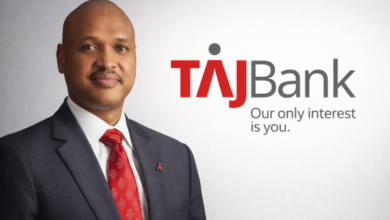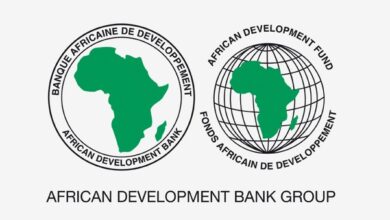Heirs Energies Pushes for Africa-Led Energy Future

Africa stands at a crossroads in defining its energy destiny, and indigenous operators are pushing to ensure the continent takes control of its narrative. Speaking after a strong showing at two major global energy events, Mr. Osa Igiehon, CEO of Heirs Energies, emphasized that Africa must leverage its hydrocarbons and renewable wealth to achieve energy sufficiency, industrialization, and shared prosperity.
Heirs Energies, backed by the Africapitalism philosophy of founder Tony Elumelu, has begun repositioning itself not just as a Nigerian upstream player, but as a pan-African integrated energy company committed to balancing commercial success with sustainability and societal impact.
From Nigeria to Namibia: Building a Continental Energy Footprint
At the U.S.–Africa Energy Forum (USAEF) in Houston, Texas, Igiehon engaged with U.S. investors, technology providers, and policymakers on Africa’s energy financing and sustainability challenges.
- Heirs Energies showcased its responsible energy strategy, which prioritizes sustainability, innovation, and local capacity development.
- Discussions centered on financing Africa’s energy independence, a pressing issue given global financing constraints for fossil fuel projects in the age of climate transition.
From Houston, the company advanced its mission to the Namibia International Oil & Gas Conference 2025, where Igiehon shared a platform with regional and international operators in one of Africa’s most promising exploration frontiers.
“This visit marks the start of a long-term partnership with Namibia,” Igiehon said, highlighting Heirs Energies’ intent to collaborate on building a responsible and inclusive energy industry in Southern Africa.
The Africapitalism Philosophy at Work
At the core of Heirs Energies’ approach is Africapitalism—the principle that Africa’s private sector must lead in solving Africa’s problems. Elumelu’s vision is clear: indigenous players must take ownership, attract investment, and build capacity, rather than remain dependent on foreign multinationals or donor-driven energy agendas.
- Energy Security: By harnessing oil, gas, and renewables responsibly, Africa can reduce its dependence on imports while powering industries and households.
- Industrialization: Energy sufficiency unlocks manufacturing, petrochemicals, and broader economic diversification.
- Shared Prosperity: Local content, job creation, and infrastructure development remain central to Heirs Energies’ mission.
Why This Matters for Africa’s Energy Transition
The debate over Africa’s place in the global energy transition has been contentious. Western economies are pushing for decarbonization, while African nations argue that they cannot industrialize without leveraging hydrocarbons.
Heirs Energies positions itself as a bridge-builder:
- Advocating for responsible hydrocarbon development to fund infrastructure and social services.
- Driving renewable investments to future-proof Africa’s energy mix.
- Anchoring sustainability through innovation and community development.
As Igiehon put it:
“With innovation, environmental responsibility, and community development at our core, Heirs Energies is positioned to lead Africa’s energy transformation towards a prosperous future.”
BRANDECONOMY Insight
The strategic engagements in Houston and Namibia underscore a new wave of indigenous leadership in Africa’s energy sector. Unlike previous decades dominated by foreign oil majors, companies like Heirs Energies are recasting Africa’s role—from resource exporter to energy architect.
This is a timely reminder that energy independence is not just about oil production numbers. It is about who controls the value chain, who benefits from the revenues, and how Africa balances hydrocarbons with renewables.
If Heirs Energies succeeds in scaling this model across the continent, it could mark a shift as significant as NLNG’s in Nigeria—a demonstration that Africa can finance, manage, and own its energy future.












